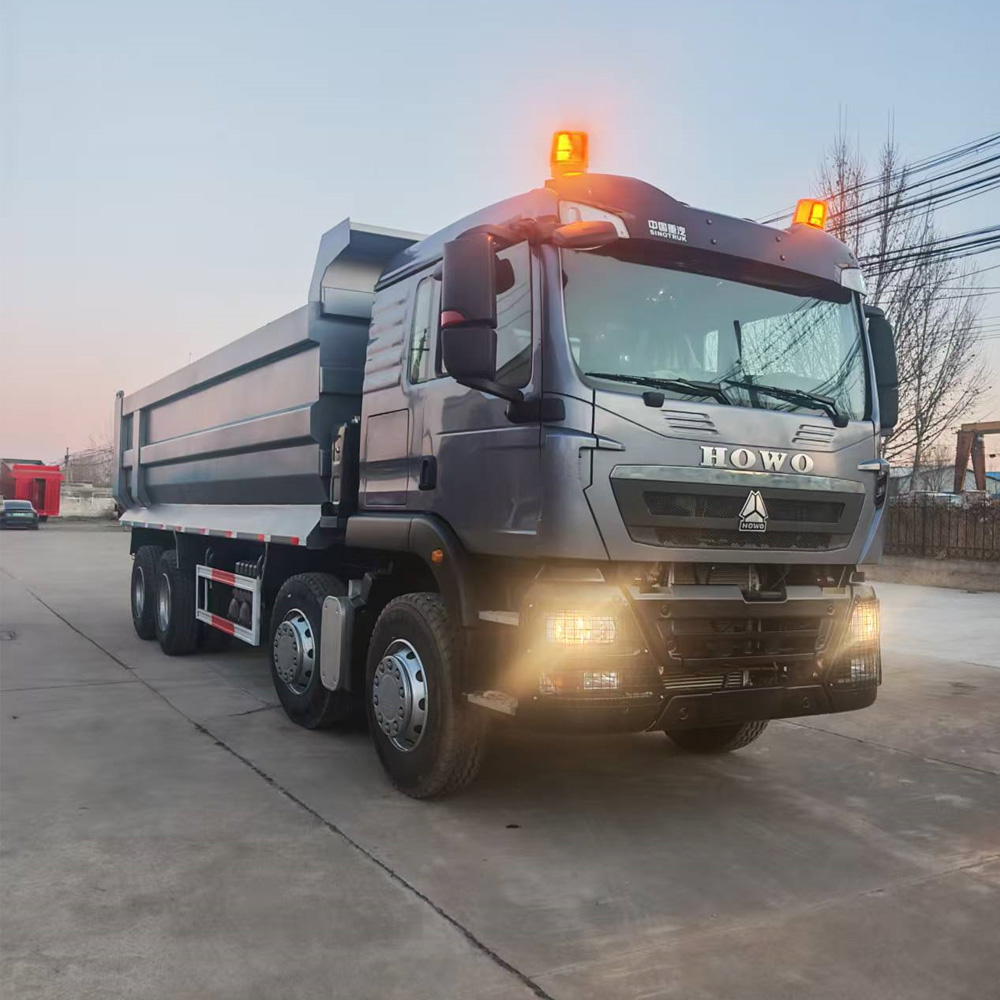Revolutionizing Transportation: Unveiling the Hyperloop as the New Fastest Mode of Transport
In the quest for faster and more efficient transportation, engineers and innovators have been tirelessly exploring groundbreaking technologies. Among these, the Hyperloop has emerged as a revolutionary concept, promising to redefine the way we travel. In this blog post, we will delve into the intricacies of the Hyperloop, exploring its design, advantages, and potential impact on various industries.
- Understanding the Hyperloop:
The Hyperloop, conceptualized by Elon Musk, is a high-speed transportation system that combines elements of magnetic levitation, reduced air resistance, and low-pressure tubes. This futuristic mode of transport aims to propel passenger or cargo pods at incredible speeds through a near-vacuum tube, minimizing friction and maximizing efficiency. - Unparalleled Speed and Efficiency:
With speeds projected to exceed 700 mph (1126 km/h), the Hyperloop has the potential to outpace traditional modes of transport such as airplanes and trains. By eliminating air resistance and utilizing magnetic levitation, the Hyperloop offers a smooth and energy-efficient journey, significantly reducing travel times and carbon emissions. - Transforming Urban Mobility:
The Hyperloop's impact on urban transportation could be transformative. By connecting cities and suburbs, it could alleviate congestion, reduce commuting times, and enhance accessibility. Additionally, the Hyperloop's ability to operate both above and below ground opens up new possibilities for urban planning and development. - Revolutionizing Freight Transport:
Beyond passenger travel, the Hyperloop holds immense potential for revolutionizing freight transport. By enabling rapid and efficient delivery of goods, it could reshape supply chains, bolster international trade, and enhance logistics networks. The reduced transit times and increased capacity of the Hyperloop could lead to significant cost savings for businesses. - Implications for Various Industries:
The advent of the Hyperloop would have far-reaching implications across multiple sectors. The tourism industry could witness a surge in international travel, as distant destinations become more accessible. Real estate markets could experience a shift, with increased demand for properties near Hyperloop stations. Additionally, the Hyperloop's integration with renewable energy sources could drive advancements in the clean energy sector. - Overcoming Challenges:
While the Hyperloop holds immense promise, several challenges must be addressed for its successful implementation. These include ensuring passenger safety, developing robust infrastructure, obtaining regulatory approvals, and securing substantial investments. Collaborative efforts from governments, private companies, and research institutions will be crucial in overcoming these hurdles.
Conclusion:
The Hyperloop represents a paradigm shift in transportation, offering unparalleled speed, efficiency, and sustainability. As this transformative technology continues to evolve, it has the potential to reshape industries, redefine urban mobility, and revolutionize the way we travel. Embracing the Hyperloop could pave the way for a future where distance is no longer a barrier, and connectivity knows no bounds.
